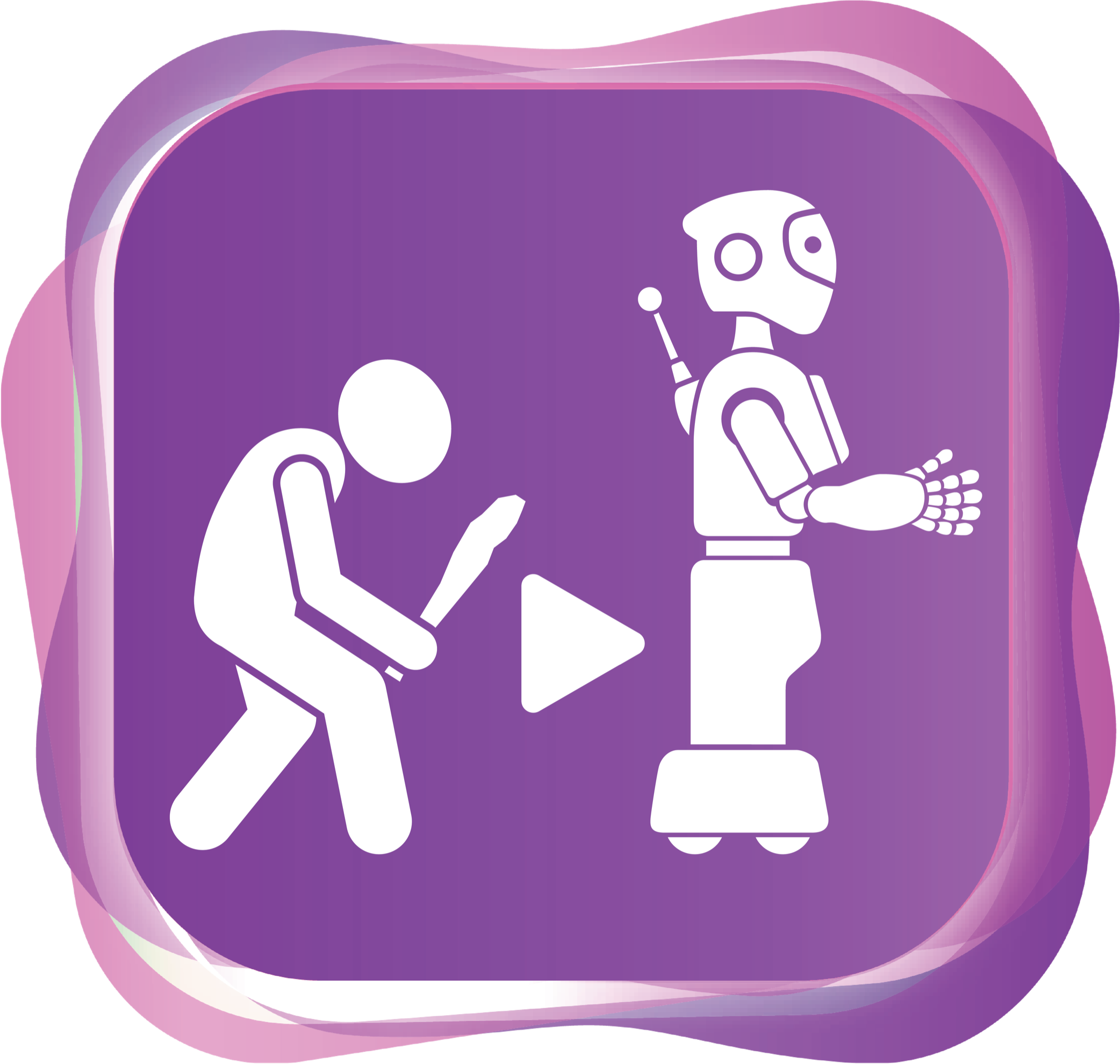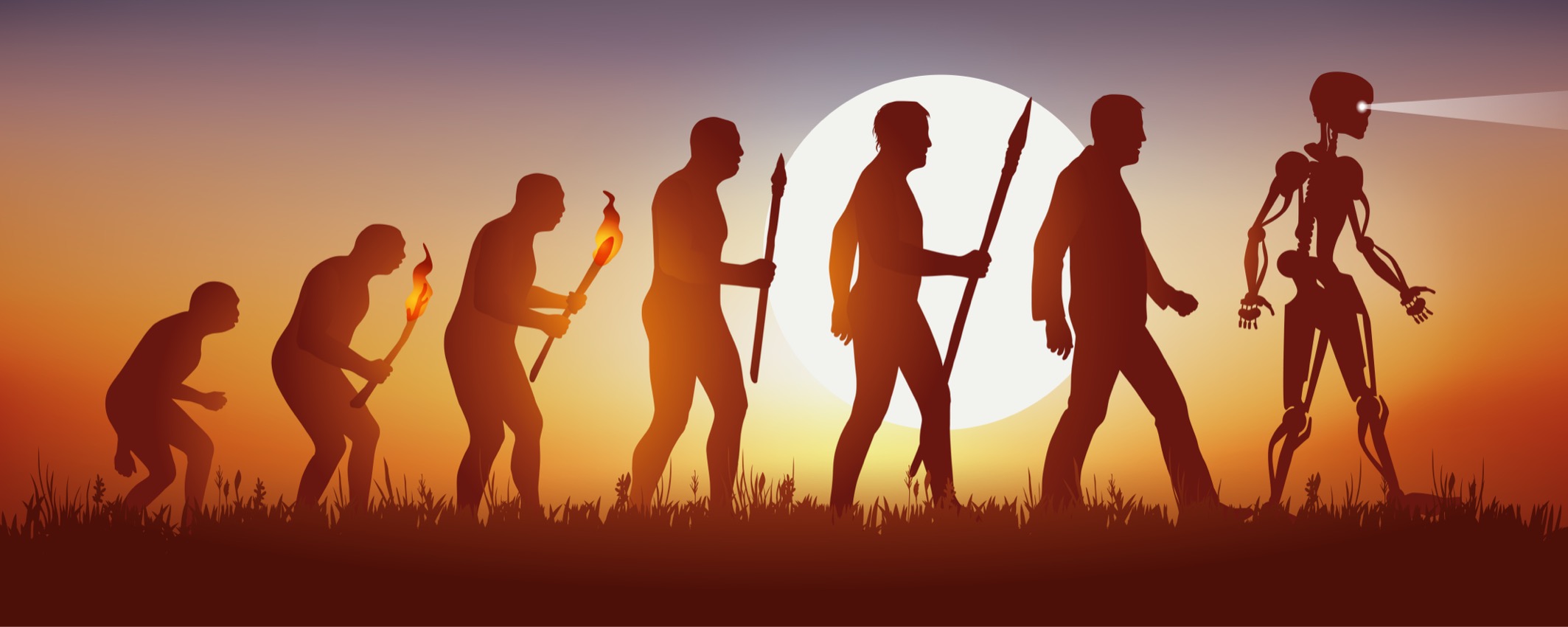 |
CCAI9021 Artificial Intelligence
|
Course Description
This course explores the intersection of artificial intelligence (AI), scientific research, human history and the evolution of life forms. It provides a concept of life and intelligence in evolution, draws parallels between the rise of Homo sapiens, the birth of science, the information age, and the emergence of AI and AI agents. Highlighting the transformative power of AI, students are invited to contemplate the role of AI in our quest for scientific truth and the creation of artificial intelligent forms. Starting with the evolution of life and emergence of “intelligence”, how Homo sapiens gained dominance, transitions to the birth of science and the information age, then the handling of information with intelligence. Information reliability and scientific truth will be examined on AI-generated data, prompting a thoughtful discussion on the opportunities and challenges. A comparison with the Industrial Revolution on socio-economic shifts and the current AI revolution will highlight potential impacts. The advent of biological engineering and the potential to create artificial life is real. The course will explore this new frontier, asking questions about ethics, feasibility, and implications for society, and are we relinquishing the control of human destiny to the brainchild of science and data, AI.

Course Learning Outcomes
On completing the course, students will be able to:
- Evaluate human evolution and cognitive development.
- Recognize how science and technology shaped human civilization.
- Differentiate data, information, and scientific truth.
- Conceptualize the circle of knowledge and AI.
- Evaluate societal implications at the intersection of AI and artificial life.
Offer Semester and Day of Teaching
Second semester (Wed)
Study Load
| Activities | Number of hours |
| Lectures | 24 |
| Tutorials | 8 |
| Fieldwork | 8 |
| Reading / Self-study | 50 |
| Assessment: Project assignments | 30 |
| Assessment: In-class test | 2 |
| Total: | 122 |
Assessment: 100% coursework
| Assessment Tasks | Weighting |
| Group project and presentation | 20 |
| Group video presentation | 20 |
| Reflective writing | 20 |
| Tutorial exercises | 20 |
| In-class assessment | 20 |
Required Reading
Articles:
- Barros, M. T., Kagan, B. J., Hartung, T., & Smirnova, L. (2025). Editorial: Intersection between the biological and digital: synthetic biological intelligence and organoid intelligence. Frontiers in Cellular Neuroscience, 18, 1542629. From https://doi.org/10.3389/fncel.2024.1542629
- European Commission, Directorate-General for Research and Innovation. (2024). Living guidelines on the responsible use of generative AI in research. From https://research-and-innovation.ec.europa.eu/document/download/2b6cf7e5-36ac-41cb-aab5-0d32050143dc_en?filename=ec_rtd_ai-guidelines.pdf
- Madanchian, M., & Taherdoost, H. (2025). The impact of artificial intelligence on research efficiency. Results in Engineering, 26, 104743. From https://doi.org/10.1016/j.rineng.2025.104743
- Office of the Privacy Commissioner for Personal Data, Hong Kong. (2021). Guidance on the ethical development and use of artificial intelligence. From https://www.pcpd.org.hk/english/resources_centre/publications/files/guidance_ethical_e.pdf
- Royal Society. (2023). Science in the age of AI: how artificial intelligence is changing the nature and method of scientific research. From https://royalsociety.org/-/media/policy/projects/science-in-the-age-of-ai/science-in-the-age-of-ai-report.pdf
- Siegel, D. J. (2012). The developing mind: how relationships and the brain interact to shape who we are (2nd ed.). New York: Guilford Press. [Chap. 7 “Self-regulation”; Chap. 8 “Interpersonal connection”]
- Weigel, A., Caldas, C., Meyer, A., & Morris, S. A. (2022). The impact of AI on research. Cell, 185(15), 2621–2622. From https://doi.org/10.1016/j.cell.2022.06.024
Videos:
- 60 Minutes. (2023). “Godfather of AI” Geoffrey Hinton: The 60 Minutes Interview. From https://www.youtube.com/watch?v=qrvK_KuIeJk
- Four Minute Books. (2022). Sapiens Summary (Animated) — The Definitive History of Humankind & How Humans Became the #1 Species. From https://www.youtube.com/watch?v=HitVj45O5hI
- Paul G. Allen School. (2024). What we see and what we value: AI with a human perspective—Fei-Fei Li (Stanford University). From https://www.youtube.com/watch?v=gzOwpEupP5w&t=1414s
- TED. (2024). With Spatial Intelligence, AI Will Understand the Real World | Fei-Fei Li | TED. From https://www.youtube.com/watch?v=y8NtMZ7VGmU
- Vector Institute. (2024). Geoff Hinton – Will Digital Intelligence Replace Biological Intelligence? | Vector’s Remarkable 2024. From https://www.youtube.com/watch?v=Es6yuMlyfPw
- World Science Festival. (2024). Will AI Spark the Next Scientific Revolution? From https://www.youtube.com/watch?v=7wznuB0sKlw&t=202s
Course Co-ordinator and Teacher(s)
| Course Co-ordinator | Contact |
| Professor D. Chan School of Biomedical Sciences, Li Ka Shing Faculty of Medicine |
Tel: 3917 9482 Email: chand@hku.hk |
| Teacher(s) | Contact |
| Professor D. Chan School of Biomedical Sciences, Li Ka Shing Faculty of Medicine |
Tel: 3917 9482 Email: chand@hku.hk |
| Dr W.C.W. Chan School of Biomedical Sciences, Li Ka Shing Faculty of Medicine |
Tel: 3917 2818 Email: cwilson@hku.hk |
| Dr M.L. Khong School of Clinical Medicine, LKS Faculty of Medicine |
Tel: 3917 9788 Email: khongml@hku.hk |

